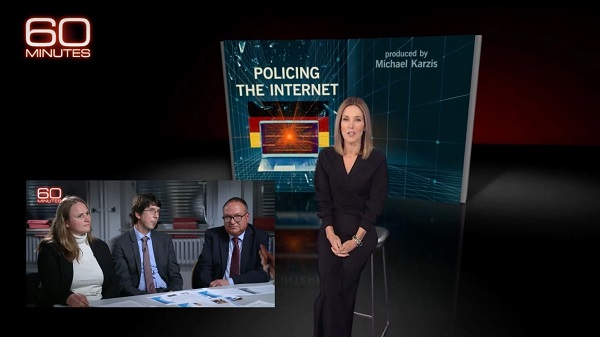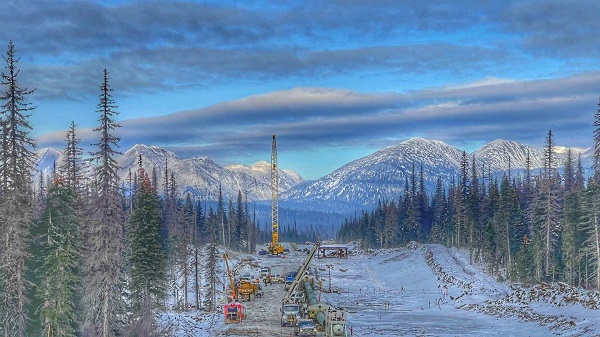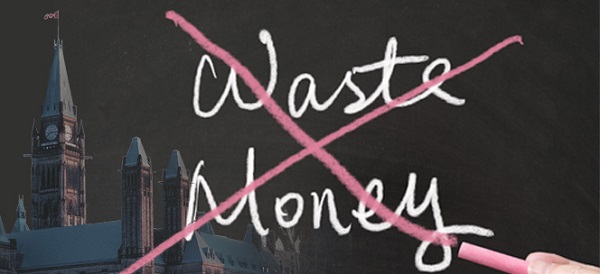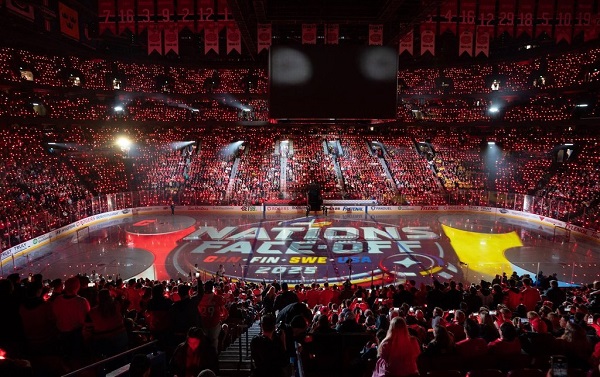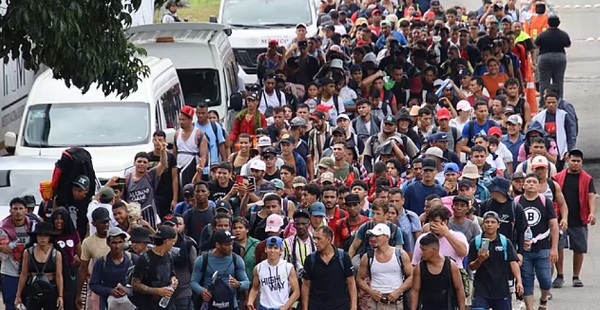Uncategorized
Pakistan pledges to release captive Indian fighter pilot

ISLAMABAD — Pakistan’s prime minister pledged on Thursday his country would release a captured Indian fighter pilot, a move that could help defuse the most serious confrontation in two decades between the nuclear-armed
Prime Minister Imran Khan made the announcement in an address to both houses of Parliament, saying he tried to reach his Indian counterpart Narendra Modi on Wednesday with a message that he wants to de-escalate tensions.
“We are releasing the Indian pilot as a goodwill gesture tomorrow,” Khan told lawmakers. He did not say whether the release was conditional.
An Indian government official, speaking on condition of anonymity as he was not authorized to speak publicly, warned that even if the pilot is returned home, New Delhi would not hesitate to strike its
Khan also said that he had feared Wednesday night that India might launch a missile attack, but the situation was later defused. He did not elaborate.
“Pakistan wants peace, but it should not be treated as our weakness,” Khan said “The region will prosper if there is peace and stability. It is good for both sides.”
Meanwhile, fresh skirmishes erupted Thursday between Indian and Pakistani soldiers along the so-called Line of Control that divides disputed Kashmir between the two nuclear-armed rivals.
India’s army said Pakistani soldiers were targeting nearly two dozen Indian forward points with mortar and gunfire. Lt. Col. Devender Anand, an Indian army spokesman, called it an “unprovoked” violation of the 2003 cease-fire accord between the two countries. He said Indian soldiers were responding to ongoing Pakistani attacks along the highly militarized de-facto frontier.
World powers have called on the nations to de-escalate the tensions gripping the contested region since a Feb. 14 suicide bombing killed over 40 Indian paramilitary troops in Indian-controlled Kashmir. India responded with a pre-dawn airstrike on Tuesday inside Pakistan, the first such raid since the two nations’ 1971 war over territory that later became Bangladesh.
The situation then escalated further with Wednesday’s aerial skirmish, which saw Pakistan say it shot down two Indian aircraft, one of which crashed in Pakistan-held part of Kashmir and the other in India-controlled Kashmir. Pakistan later aired a video of a man it identified as the Indian pilot.
India acknowledged one of its MiG-21s, a Soviet-era fighter jet, was “lost” in skirmishes with Pakistan. India’s Ministry of External Affairs said late Wednesday that it “strongly objected to Pakistan’s vulgar display of an injured personnel of the Indian Air Force,” and that it expects his immediate and safe return.
India also said it shot down a Pakistani warplane, something Islamabad denied.
Kashmir has been divided but claimed in its entirety by both India and Pakistan since almost immediately after the two countries’ creation in 1947. They have fought three wars against each other, two directly dealing with the disputed region.
Both Indian and Pakistani officials reported small-arms fire and shelling along the Kashmir region into Thursday morning. There were no reported casualties.
Authorities in Pakistani-controlled Kashmir closed all schools and educational institutions in the region and are urged parents to keep their children at home amid mounting tension with
Pakistan’s Foreign Ministry spokesman Mohammad Faisal acknowledged his country received a “dossier” from India about the Feb. 14 attack. He refused to provide details about the information that New Delhi has shared.
World leaders weighing in on the tension included President Donald Trump, who began remarks at a news conference Thursday in Vietnam after meeting North Korean leader Kim Jong Un by focusing on India and Pakistan.
“I think hopefully that’s going to be coming to an end,” Trump said, without elaborating. “It’s been going on for a long time — decades and decades. There’s a lot of dislike, unfortunately, so we’ve been in the middle trying to help them both out, see if we can get some organization and some peace, and I think probably that’s going to be happening.”
Pakistan Foreign Minister Shah Mahmood Qureshi also said Adel al-Jubeir, Saudi Arabia’s minister of state for foreign affairs, planned to come to Islamabad with an urgent message from the kingdom’s powerful Crown Prince Mohammed bin Salman.
Modi, in his first remarks since the pilot’s capture, gave a rallying speech ahead of elections in the coming months.
“Our
Just weeks before general elections are due in India, the head of Modi’s party in India’s Karnataka state, B.S. Yeddyurappa, said India’s pre-dawn airstrikes in Pakistan on Tuesday would help the party at the polls.
The violence Wednesday marked the most serious escalation of the long-simmering conflict since 1999, when Pakistan’s military sent a ground force into Indian-controlled Kashmir at Kargil. That year also saw an Indian fighter jet shoot down a Pakistani naval aircraft, killing all 16 on board.
This latest wave of tension between the two rivals first began after the militant group Jaish-e-Mohammad claimed responsibility for a Feb. 14 suicide bombing on Indian paramilitary forces on the Indian side of Kashmir that killed more than 40 troops.
India long has accused Pakistan of cultivating such militant groups to attack it. Pakistan has said it was not involved in that attack and was ready to help New Delhi in the investigation.
___
Associated Press writers Aijaz Hussain in Srinagar, India, Ashok Sharma and Emily Schmall in New Delhi, Roshan Mughal in Muzafarabad, Pakistan, Adam Schreck in Hanoi, Vietnam, and Jon Gambrell in Dubai, United Arab Emirates, contributed to this report.
Munir Ahmed And Kathy Gannon, The Associated Press
Uncategorized
Alleged Human Traffickers arrested in Red Deer, Montreal, and Edmonton
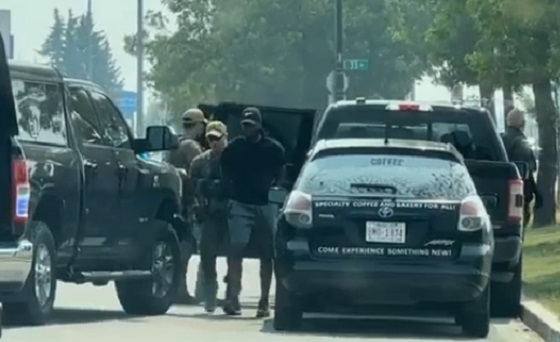
Human trafficking suspect arrested in Red Deer, July 2024
From Alert, the Alberta Law Enforcement Response Team
Three human traffickers arrested in Project Endgame
Three men have been arrested and stand accused of running a human trafficking operation that stretched across Canada; operating throughout Alberta, British Columbia, Saskatchewan, and Quebec.
Project Endgame was a year-long investigation led by ALERT’s Human Trafficking unit, and also relied on the assistance of the Edmonton Police Service, RCMP, and the Quebec joint forces Anti-Pimping team known as EILP.
Arrests and search warrants had taken place in Edmonton, Montreal, and Red Deer. A total of 23 charges related to human trafficking offences have been laid against Clyde Elien-Abbot, 31, Kevin Dorcelus-Cetoute, 31, and Jean Rodnil Dubois, 31. Elien-Abbot was arrested on January 31, 2025 in Edmonton, while the other two accused were arrested on July 23, 2024.
|
|
|
|
Uncategorized
All 6 people trying to replace Trudeau agree with him on almost everything
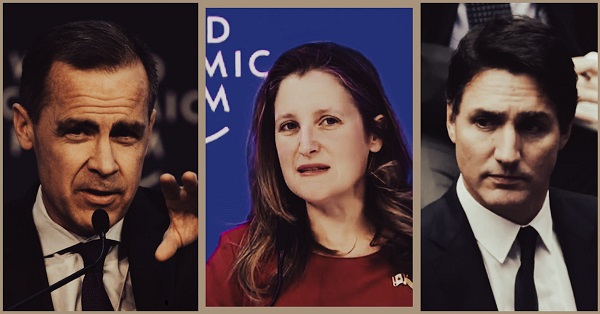
From LifeSiteNews
The Liberals are choosing a new face, but all six contenders seem likely to continue forcing Canadians down the same path as the PM they’re out to replace
With the Liberal leadership election just over a month away on March 9, Canadians are examining the six final contenders and questioning if they will bring change to the Liberal Party or carry on Prime Minister Justin Trudeau’s radical legacy.
The six contenders for Liberal leader and consequently, the next prime minister, are: Mark Carney, Chrystia Freeland, Karina Gould, Jaime Battiste, Frank Baylis and Ruby Dhalla.
While all the above candidates are promising to turn the Liberal Party around, their policies, both past and proposed, suggest little difference from the radical, anti-life and globalist agenda embraced by the Trudeau government.
Former Governor of the Bank of England Mark Carney
Carney appears to be the frontrunner for Liberal Party leader, with many mainstream outlets tacitly promoting him as a solution for Canadians, and numerous MPs having endorsed his campaign.
However, as LifeSiteNews has previously reported, Carney’s history suggests he would be an even more radical version of Trudeau.
While his impressive work experience certainly raises him in the estimation of Canadians, especially compared with Trudeau’s pre-political career as a drama teacher, the former Governor of the Bank of England, like Trudeau, openly supports abortion, the LGBT agenda and many of the tax and fiscal policies of the Trudeau government, such as the carbon tax.
Carney’s endorsement of energy regulations go even further than Trudeau’s, with the candidate having previously blasted the prime minister for exempting home heating oil from the carbon tax.
Carney has also been a longtime supporter of the globalist World Economic Forum, attending their infamous annual conference in Davos, Switzerland as recently as January 2023.
Carney routinely uses social media to advocate for achieving so-called “net-zero” energy goals, and even had his team bar multiple independent journalists from attending the press conference he held to announce his bid for Liberal leader.
Former Deputy Prime Minister Chrystia Freeland
Freeland’s bid for Liberal leader came as a surprise to many as it closely followed her resignation from Trudeau’s cabinet.
Freeland is perhaps best known internationally for her heavy-handed response to anti-mandate Freedom Convoy protesters, which saw the then-finance minister direct financial institutions to freeze the bank accounts of Canadians who participated in or donated to the protest.
Freeland, like Carney, also has extensive ties to the WEF, with her receiving a personal commendation from former WEF leader Klaus Schwab.
Interestingly, at the same time as Freeland announced her Liberal bid, the WEF’s profile on Freeland was taken down from their website. Additionally, the majority of Freeland’s Instagram posts have been removed from public view.
Many have speculated online as to the reason why these actions were taken, with some suggesting that Freeland desires to distance herself from the massively criticized group.
Critics often pointed to Freeland’s association with the group during her tenure as finance minister and deputy prime minister, as she was known for pushing policies endorsed by the globalist organization, such as the carbon tax and online censorship.
Former House Leader MP Karina Gould
Gould, an avid abortion activist, is perhaps best known for telling American women that they can have their abortions in Canada following the Supreme Court of the United States’ overturning of Roe v. Wade in 2022.
Gould is also known for continually advocating in favor of state-funded media, which critics have warned causes supposedly unbiased news outlets into de facto propaganda arms for the state.
In one example from September, Gould directed mainstream media reporters to “scrutinize” Conservative Party leader Pierre Poilievre, who has repeatedly accused government-funded media as being an arm of the Liberals.
Gould also claimed that Poilievre’s promise to defund outlets like the Canadian Broadcasting Corporation would deny Canadians access to important information, ignoring the fact that the Liberals’ own legislation, which she voted for, blocked all access to news content on Facebook and Instagram.
MP Jaime Battiste
Voting records show that in 2021 Battiste opposed a bill aiming to protect unborn children from sex-selective abortions. Later that same month, he voted to pass Bill C-6, which allows parents to be jailed for up to five years for refusing to deny the biological sex of their gender-confused children.
Furthermore, Battiste struck down a motion to condemn incidents of arson and vandalism of churches across Canada. In October 2023, a Conservative MP put forward a motion to denounce the arson and vandalism of 83 Canadian churches, especially those within Indigenous communities.
However, Battiste moved to adjourn the meeting rather than discuss the motion, saying, “I would like to call to adjourn debate on this if that’s what we can do, so we can hear the rest of the study, but if we have to, then I would rather discuss it in camera because it does have a way of triggering a lot of people who went through residential schools and the things they are going through.”
The Liberal government is known to be extremely lenient in their rhetoric when it comes to attacks on Catholic churches, with Trudeau even saying such behavior was “understandable” even if it is “unacceptable and wrong.”
Former MP Frank Baylis
Baylis served as a Liberal MP in 2015 but chose not to seek re-election in 2019. Now, he has thrown his hat in the ring as Liberal leader.
During his time as MP, Baylis was a staunch supporter of abortion. In 2016, he voted against a Conservative bill to provide protection to unborn children and pregnant mothers from violence.
Interestingly, Baylis is the former owner of the Baylis Medical Company of Montréal which was awarded a $282.5 million government contract for now “useless” ventilators during the COVID “pandemic.”
Former MP Ruby Dhalla
Dhalla served in the House of Commons from 2004 to 2011. Interestingly, Dhalla, born to Indian immigrant parents, has promised to deport illegal immigrants and “clamp down on human traffickers.” Dhalla’s stance sets her apart from the other Liberal candidates on the issue.
While Dhalla styles herself as an “outsider,” during her time as an MP, she worked to further abortion in Canada, voting against legislation to protect babies from violence in the womb.
In conclusion
It seems that no matter who is selected as the next leader of the Liberals, the party will remain one which prides itself on being pro-abortion, pro-LGBT, pro-euthanasia and globalist in vision.
While Trudeau may be taking the blame for the current state of the Liberal Party, with these 6 candidates it would appear that the party remains intent on pushing the same policies.
Although it is true that Trudeau’s political blunders, such as his repeated historical use of black-face or his inviting a Nazi-aligned World War II veteran into Parliament, have contributed to his popularity decline, it seems the policies behind the blunders are not his, but the Liberal Party’s itself.
-

 Business2 days ago
Business2 days agoPepsiCo joins growing list of companies tweaking DEI policies
-

 Business1 day ago
Business1 day agoWorst kept secret—red tape strangling Canada’s economy
-
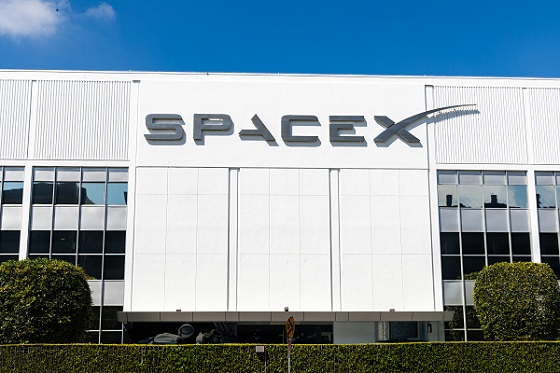
 Business2 days ago
Business2 days agoDOJ drops Biden-era discrimination lawsuit against Elon Musk’s SpaceX
-
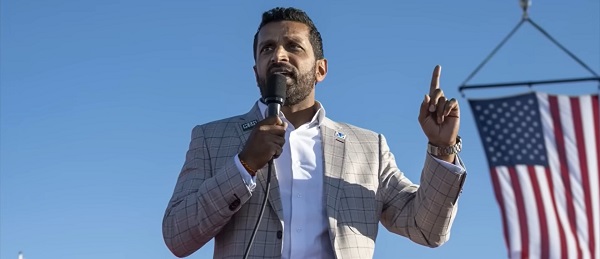
 Daily Caller1 day ago
Daily Caller1 day agoKash Patel First Statement As FBI Director, Tells Media ‘Bring It On’
-
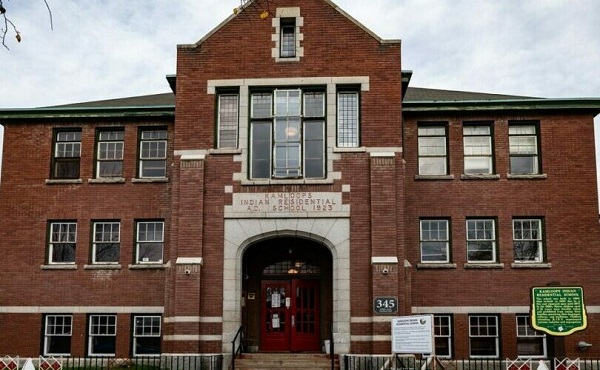
 Indigenous2 days ago
Indigenous2 days agoTrudeau gov’t to halt funds for ‘unmarked graves’ search after millions spent, no bodies found
-
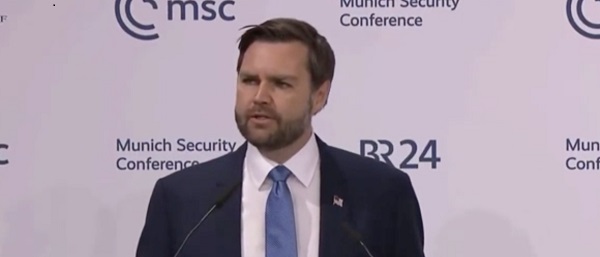
 Daily Caller1 day ago
Daily Caller1 day agoNEWT GINGRICH: Europe’s Elites Were Finally Told To Take A Look In The Mirror
-
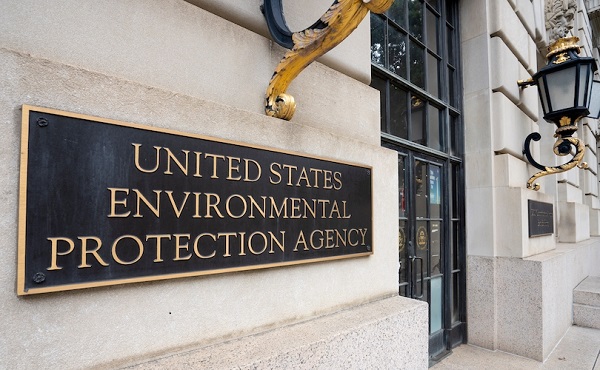
 Business1 day ago
Business1 day ago‘Out and out fraud’: DOGE questions $2 billion Biden grant to left-wing ‘green energy’ nonprofit`
-

 Digital ID15 hours ago
Digital ID15 hours agoWales Becomes First UK Testbed for Citywide AI-Powered Facial Recognition Surveillance



